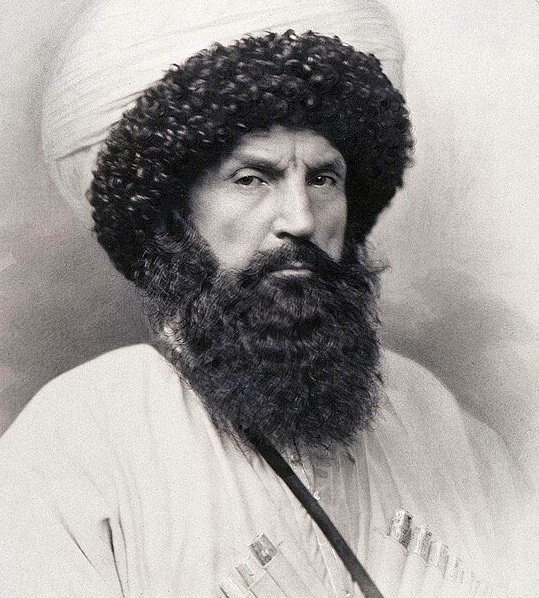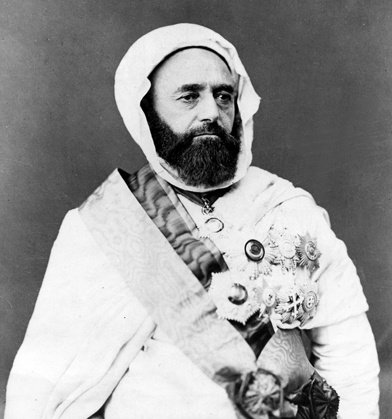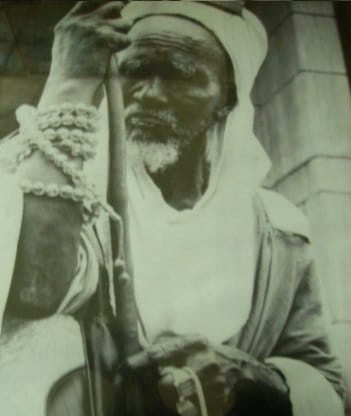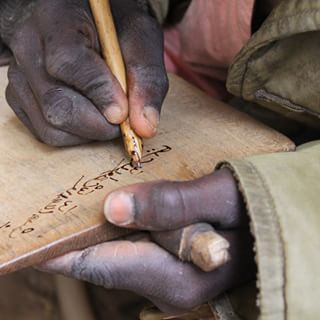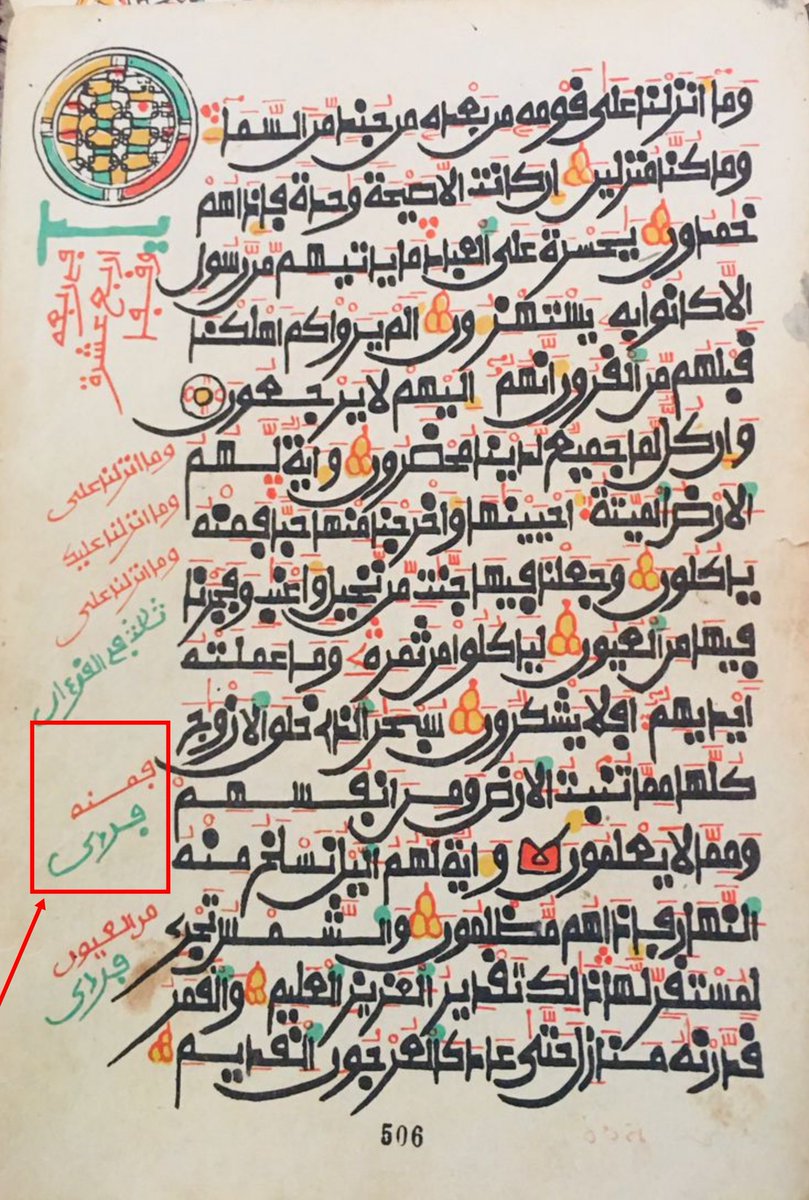WHO ARE THE AHLUS-SUNNAH ACCORDING TO EARLY SCHOLARS? 🧵
The renowned scholar, AbdulQāhir al-Baghdādi (d. 429H) mentions eight classes of people that belong to Ahlus-Sunnah wal Jamā'ah as follows:
1. Scholars of Tawhīd & their students, who's creed are FREE from Tashbīh, Ta'tīl, bid'ah of Rāfidha, Khawārij, Jahmiyya, Najariyyah.

1. Scholars of Tawhīd & their students, who's creed are FREE from Tashbīh, Ta'tīl, bid'ah of Rāfidha, Khawārij, Jahmiyya, Najariyyah.


2. Scholars of Fiqh, who are students of Imam Malik, Shafi'i, Abi Hanifa, Ibn Hanbal, al-Auza'i, ath-Thauri, and others who have not mixed their Fiqh with Bid'ah.
3. Scholars of Hadith, who separate between Sahih & Da'if ahadith & follow the Sunni rules of Jarh & Ta'dīl.

3. Scholars of Hadith, who separate between Sahih & Da'if ahadith & follow the Sunni rules of Jarh & Ta'dīl.


4. Scholars of Arabic, literature, grammar and semantics such as Khalīl, Abi 'Amr, Sibawaihi, Firra', al-Asma'i etc.
5. Scholars of Qira'a & Tafsīr.
6. Ascetics & Sufis, who have dedicated their lives to Allāh.
7. Spreaders of the religion, who defend Islam at various fronts.


5. Scholars of Qira'a & Tafsīr.
6. Ascetics & Sufis, who have dedicated their lives to Allāh.
7. Spreaders of the religion, who defend Islam at various fronts.



8. All other people who just live on the streets that are dominated by the Ahlussunnah community who are not particularly experts in any of the above. 



Disagreement within the Jamā'ah of Ahlus-Sunnah is always based on secondary issues (Furu'). They don't disagree on Usul, hence their disagreement never militate against unity.
Eg. Malikis & Shafi'is differ on matters but remain brothers. Even Fauzan (a Wahabi) attests to this:

Eg. Malikis & Shafi'is differ on matters but remain brothers. Even Fauzan (a Wahabi) attests to this:


Contrarily, the Ahlul Bid'ah always differ with Ahlus-Sunnah on Usul. Hence, their disagreement leads to segregation, separation, division, takfir, tadhlīl & tabdhi' of the Așnāf of Ahlus-Sunnah.
Eg. Al-Qanuji (a Wahabi) said "following Madhhab is shirk". (Takfir).

Eg. Al-Qanuji (a Wahabi) said "following Madhhab is shirk". (Takfir).
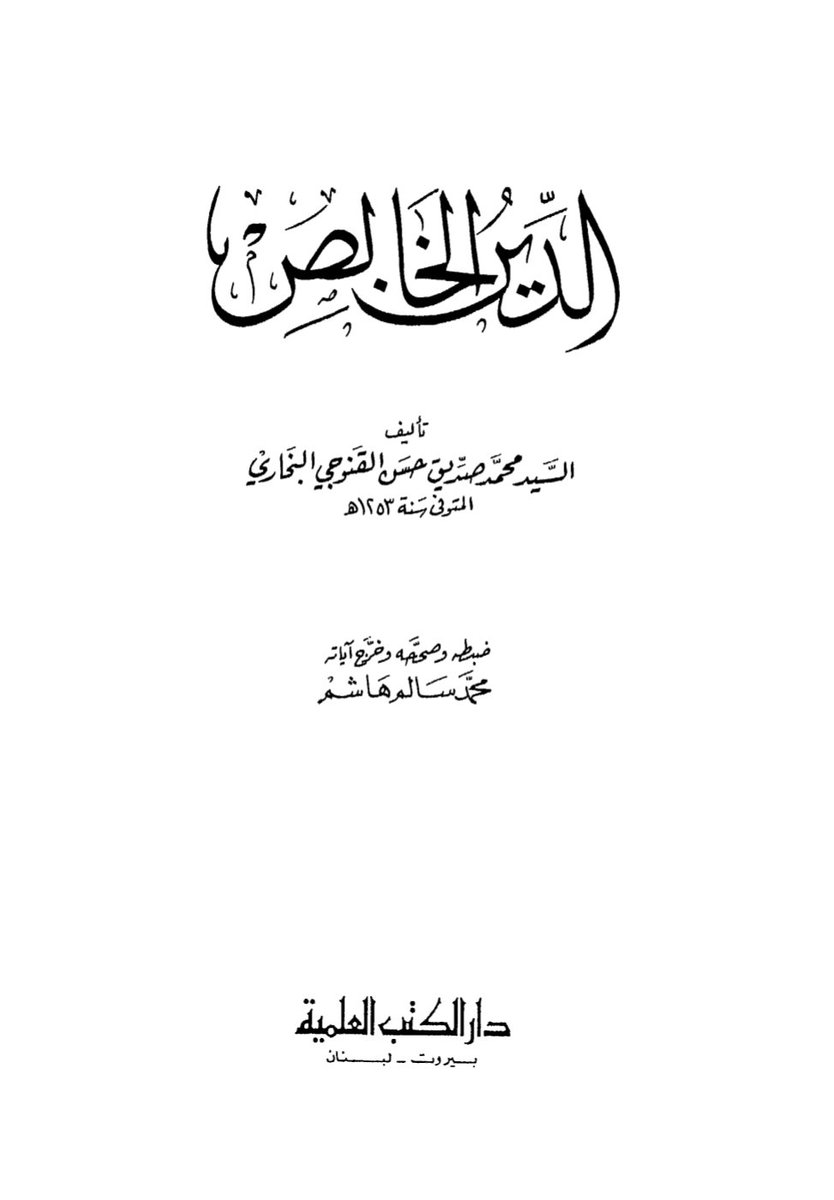

In common usage, whenever scholars say Ahlul Bid'ah, they meant those who have bid'ah in their Usūl such as in Aqīdah (not Furu'a). These groups include:
- Rawāfidh
- Khawārij
- Murji'ah
- Jahmiyya
- Najariyya
- Bakariyya
- Dharāriyya
- Karāmiyya
- Mujassima
- Bayaniyya
- Rawāfidh
- Khawārij
- Murji'ah
- Jahmiyya
- Najariyya
- Bakariyya
- Dharāriyya
- Karāmiyya
- Mujassima
- Bayaniyya
- Mushabbiha
- Saba-iyya
- Harbiyya
- Ghullat
- Mansuriyya
- Janahiyya
- Gharabiyya
- Shari'iyya
- Hululiyya
- Ibahiyya
- Qadariyya
- Jabariyya
- Batiniyya
- Maymuniyya
The bid'ah of these groups were called out by Imam Al-Baghdādi in his book al-Farqu baynal Firaq.
- Saba-iyya
- Harbiyya
- Ghullat
- Mansuriyya
- Janahiyya
- Gharabiyya
- Shari'iyya
- Hululiyya
- Ibahiyya
- Qadariyya
- Jabariyya
- Batiniyya
- Maymuniyya
The bid'ah of these groups were called out by Imam Al-Baghdādi in his book al-Farqu baynal Firaq.
What is called out by the scholars is not just merely these names, but their beliefs & whoever carries these beliefs are similarly called out of the folds of Ahlus-Sunnah wal Jamā'ah.
For instance, "ƴan Haqiqa" are called out for having believes that all things are one & that there's no wrong or right (Ibahiyya) & that creations are gods (Hululiyya). This effectively takes them out of the folds of Ahlus-Sunnah wal Jamā'ah. 



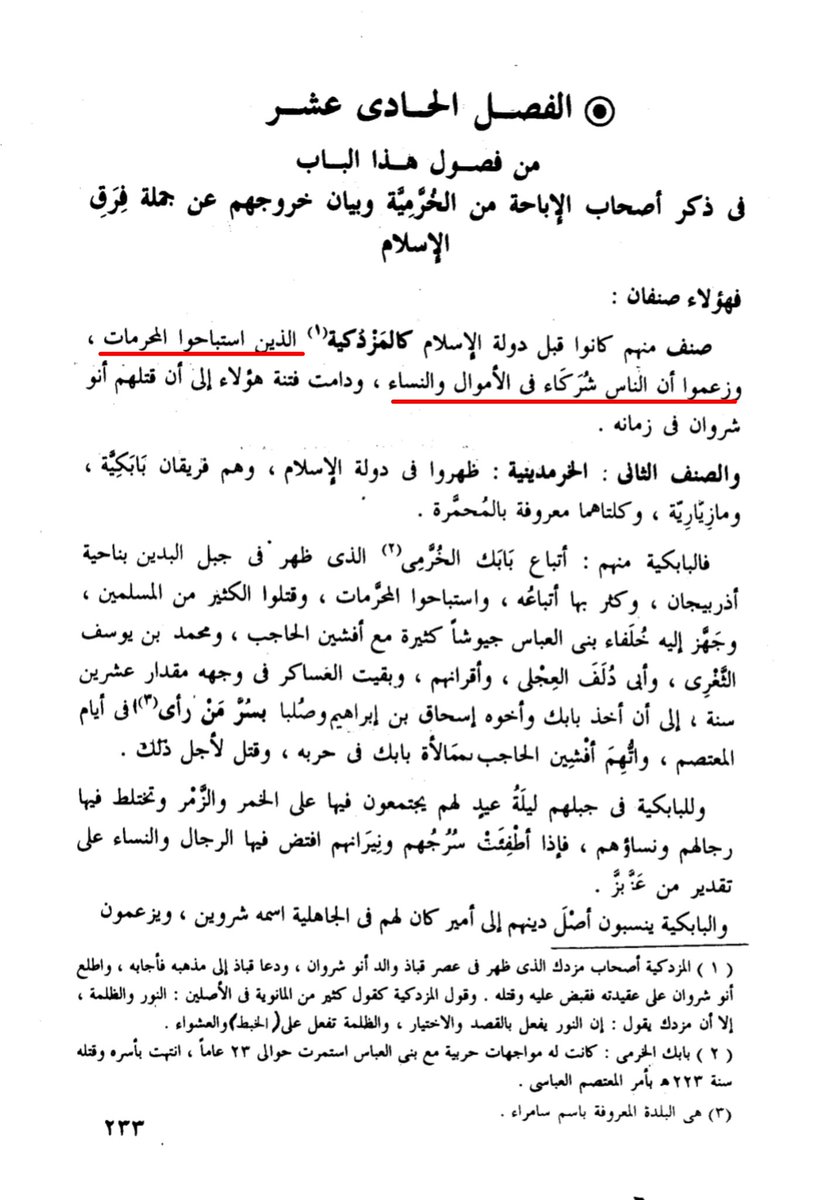

They have no business with Ahlu Tasawwuf even if they claim inclination towards them. The Ahlu Tasawwuf are bonafied members of Ahlus-Sunnah who concentrate on ascetics, mujahada fi Llāh, dhikr & gnosticism. This path is of the favors of Allah which He bestows on whom he wills. 





Similarly, Salafis are called out for having believes that Allāh has limbs, sits, moves (Mujassima/Mushabbiha) & enter into His creations such as the heavens (Hululiyya). They also make Takfir of Ahlul Qiblah & think it is okay to revolt against a Muslim leadership (Khawārij). 





Each of these I'tiqād is bid'ah, which casts them out of the folds of Ahlus-Sunnah wal Jamā'ah by concensus.
Ironically, however, it is them who claim the title & incessantly cast others out of it by leveling accusation of Shirk, Bid'ah & Dhalāla against the Jamā'ah. Strange.
Ironically, however, it is them who claim the title & incessantly cast others out of it by leveling accusation of Shirk, Bid'ah & Dhalāla against the Jamā'ah. Strange.
The present day Muslim must do the difficult task of thinking. A rose isn't called so because it smells nice— Indeed it's in its inherent ability to smell nice be it by whatsoever name called. The name you call urself doesn't matter; the underlying definition of your beliefs do.
If you came a thousand years after the coiners of a term & act against their I'tiqād, then call yourself by whatsoever name you wish, you are NOT PART OF THEM.
• • •
Missing some Tweet in this thread? You can try to
force a refresh


